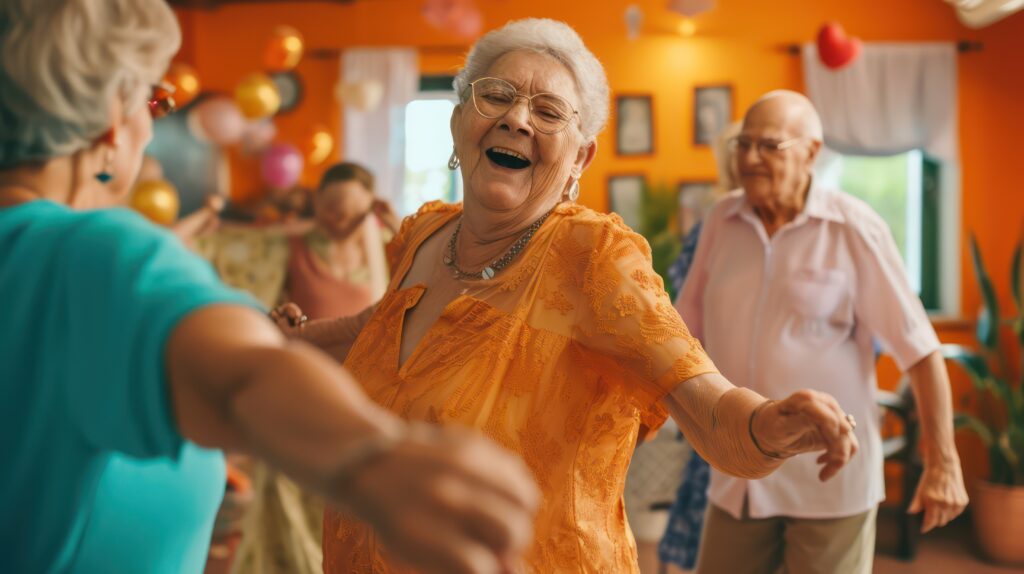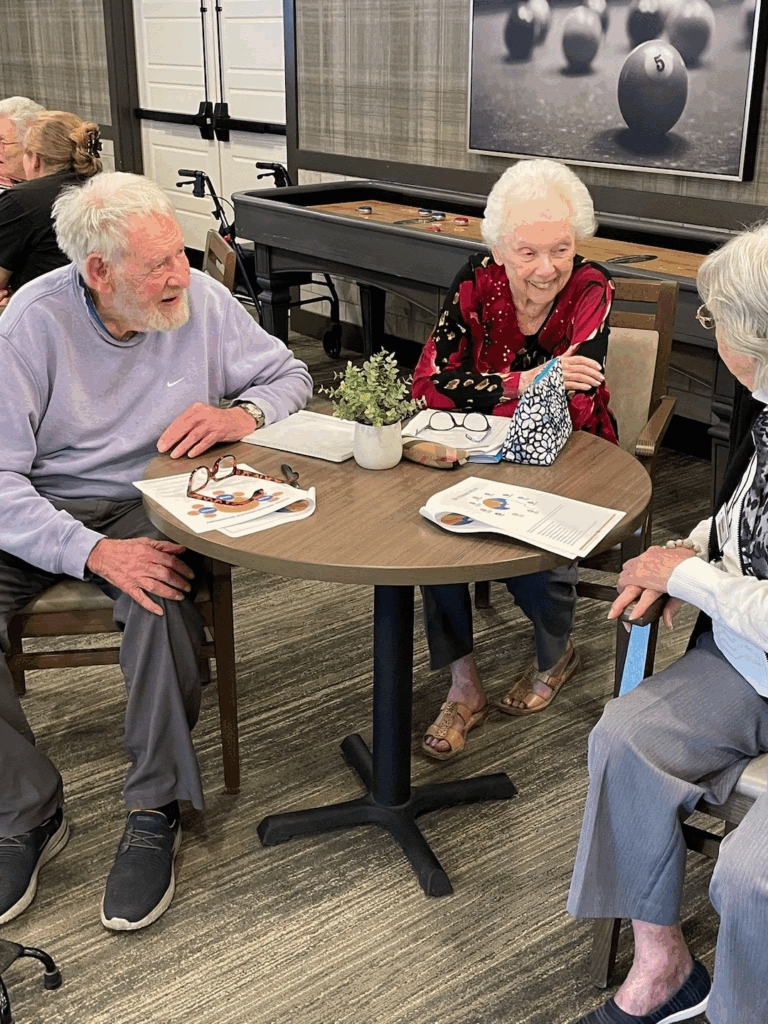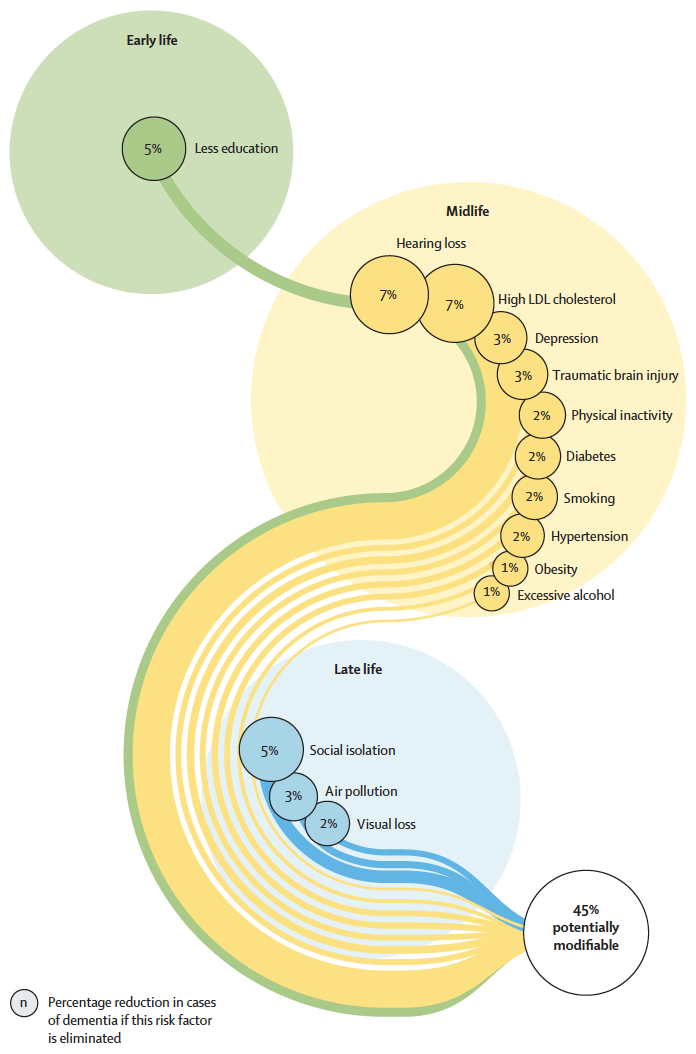
Is COGNITIVE DECLINE AVOIDABLE? What Everyone Should Know About the Latest Brain Health Science
BY CYNTHIA R. GREEN, PH.D.
What if you could reduce the risk of cognitive decline for those you serve? Memory loss is a top concern of your residents and their families. And dementia care carries an associated burden increase for your communities. No doubt therefore you would be excited to take a very close look at what you could do to help clients preserve their thinking and avoid cognitive change.
Get ready to look at cognitive wellness training.
A Rush University study published last month underscores once again that lifestyle interventions are perhaps our most powerful tool in addressing cognitive decline. Using longitudinal data from the Rush Memory and Aging Project, researchers studied the role healthy lifestyle played in modifying dementia. Their findings, based on 24+ years of data from 754 subjects with an average age at death of 90.9 years, confirmed the critical role behavioral choice makes in dementia risk.
A brain healthy lifestyle is linked to better cognitive performance at the end of life.
Using self-report data, the Rush team developed a lifestyle scale score based on 5 factors: Noncurrent smoking, 150+ minutes of physical activity/week, limited alcohol consumption, adherence to a brain healthy diet (MIND diet), and a high degree of cognitive activity. They then compared subjects based on their lifestyle score, cognitive test scores proximal to death, and neuropathology at autopsy. Study outcomes showed that a higher lifestyle score was significantly correlated with better global cognitive function in the subjects’ final years.
A brain healthy lifestyle preserves cognitive independence even when dementia pathology was present.
The Rush team additionally looked at the association between lifestyle score and the presence of neuropathology typically associated with Alzheimer’s disease and other dementias at the time of death. They found that folks who led a brain healthy lifestyle maintained their cognitive independence into their final years, even if they had changes in their brain tissue typical of dementia. This provides strong evidence for cognitive reserve theory, which maintains that healthy engagement reduces the expression of cognitive loss during one’s lifetime, even when pathological changes are present in the brain.
A unique lesson for senior living leadership.
The Rush study confirms what we already know – leading a brain healthy lifestyle reduces cognitive decline. It also offers a finding uniquely valuable to senior living leadership, as it provides insight to the power of lifestyle interventions in promoting cognitive independence well into late life. Given the median age is 85 years in many residential settings, this evidence compels industry leadership to think carefully about the value of cognitive wellness training as much more than a program amenity. In fact, this evidence clearly demonstrates that giving residents the chance to increase their cognitive wellness engagement ups their chances of staying independent and healthy at every age, and can reduce increases in community burden associated with memory loss.
Cognitive wellness training turns the science into action.
Brain healthy living is clearly the most impactful tool we have to reduce dementia risk, even well into our later years. And cognitive wellness training is the best way we can bring that science home. Busy packets and tech games are poor substitutes for teaching the real science behind how brain healthy living to make a difference in our lives. Senior living leaders can deliver meaningful change with brain health programs that provide actionable, sustainable ways residents can engage across physical, cognitive, and social and emotional wellness to boost thinking, reduce dementia risk, and maintain health and independence.
Body Brain Fitness Diet Intellectual Health Lifestyle Memory Loss Mental Health Senior Living Social Engagement Thinking Skills Training



